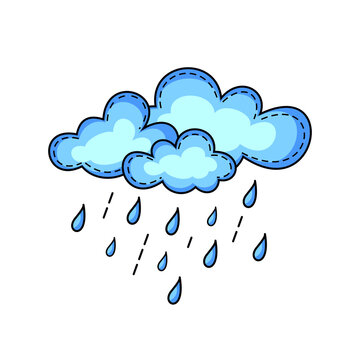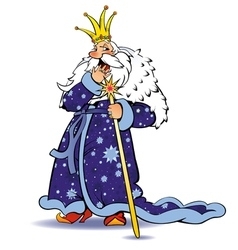Difference Between Rain, Reign and Rein: All You Need to Know
By BYJU'S Exam Prep
Updated on: September 25th, 2023

Rain, rein, and reign all sound the same. They’re three terms that sound the same but have distinct spellings. Many people find homophones problematic since they sound the same. You will have no trouble understanding these three terms if you learn their correct definitions and practice each one.
Reign, Rein, and Rain are homonyms or homophones, which sound the same but have different spellings and meanings, as well as diverse uses in English grammar.
Candidates studying for numerous bank exams must understand the differences between rain, rein, and reign. It will also aid in the development of vocab for everyday use. Candidates preparing for government exams such as banks and regulatory bodies should pay close attention to the differences listed.
Table of content
Since candidates sometimes get these terms and end up marking incorrect answers. In the general English section, which is an important part of most competitive tests, questions based on the reign vs rein vs rain are posed.
What are Homophones?
Homophones are words that sound alike but have diverse meanings. Despite the fact that the two words sound similar, their applications and meanings are vastly different. Let’s have a look at some examples to help you understand how to use each word correctly.
Difference Between Rain/Rein/Reign
Questions about the differences between reign, rein, and rain are asked in competitive exams as detecting errors questions or in the reading comprehension section.
| Rain | Rein | Reign |
|
|
|
|
|
|
About Rain:
Water that condenses from vapour in the atmosphere and falls as individual drops from clouds to the Earth. Rain forms primarily in three ways: at weather fronts, when the vapour within the hotter mass of air cools and condenses.
On mountain ranges when a heat mass of air is forced to rise over a mountain, and its vapour cools and condenses; and by convection in hot climates, when the vapour suddenly rises and cools and condenses.

-
Use as Noun
When the moisture in our atmosphere is collected in the sky, it undergoes condensation (the conversion of vapour to liquid) and falls as individual water droplets. Rain is the showering of water from the sky on the earth, and these water drops are known as rain. Rain is a well-known natural occurrence that is also a common term.
-
Use as Verb
Rain is a verb that defines an action that occurs as water drops from the sky fall. It began to pour. When employed as a verb, rain refers to the act of water falling or descending on anything. In other words, rain has the same meaning as a noun and a verb; the only variation is in how it is used.
Examples of Rain
- While cutting onions, tears rained down his cheeks.
- Due to heavy rain, the streets are flooded.
About Rein:
One of a variety of lengthy straps, usually made of animal skin and stretching from the bit’s side to the rider’s, driver’s, or trainer’s hand, will not manage a horse.
-
Use as Noun
The act of leading a state or a territory as a monarch or holding a regal position is known as reigning. The monarch, king, queen, or ruler rules over a group of individuals over whom he or she has the most power and respect. Rein is the British term for the straps used to confine small toddlers. Leather baby reins were worn by the kids. The term
ein refers to the power of direction and control.

-
Use as Verb
When used as a noun or a verb, Rein has the same meaning. Reining is the action of pulling the reins of a horse to check or steer it. The action is called rein when something or someone is kept under control or restrained.
Examples of Rein
- Observe yoga to reign your jumbled thoughts.
- He is the eldest and rein over his family.
About Reign:
The length of time a monarch has been on the throne is Royal rule or power. The reign of law is the exercise of dominating authority or influence. To rule to have or wield sovereign power or authority. Carry the sovereign’s rank and name without exerting any controlling power. To be in charge of something or to have a lot of power.

-
Use as Noun
The term
eign refers to a monarch’s duration of rule. Henry VIII reigned for 56 years. Its reign refers to the dominant or superlative phase of something that was most prominent at the time. It reigns when a specific quality, feature, or attribute is the most influential at a given period.
-
Use as Verb
The act of leading a state or a territory as a monarch or holding a regal position is known as reigning. The monarch, king, queen, or ruler rules over a group of individuals over whom he or she has the most power and respect.
Examples of Reign
- Before the British, the Mughals reigned in India.
- Julius Caesar had reigned the Roman Empire.
If you are aiming to crack SBI/IBPS 2022, then join the sure-shot success Batch Online Classroom Program where you will get:


